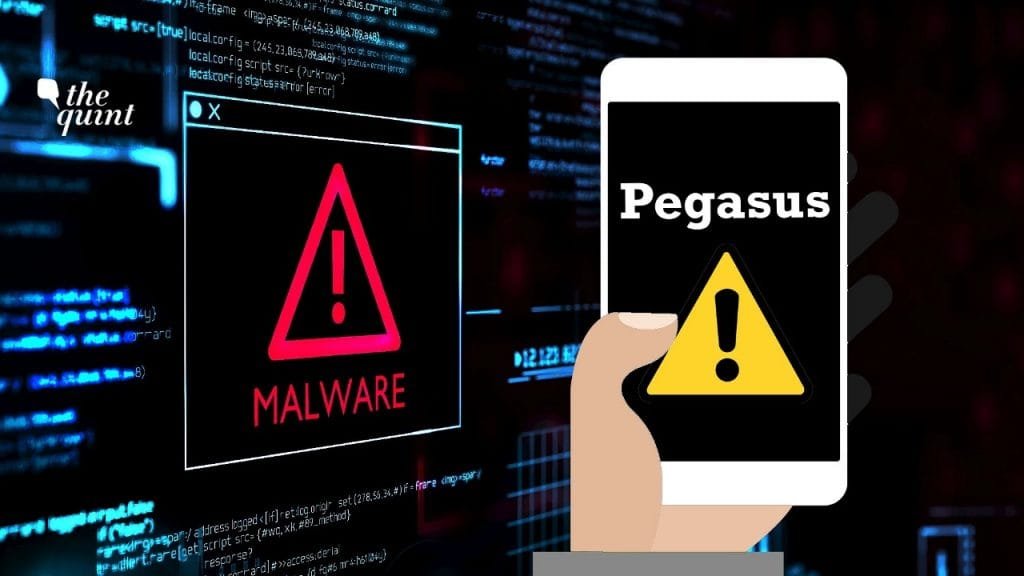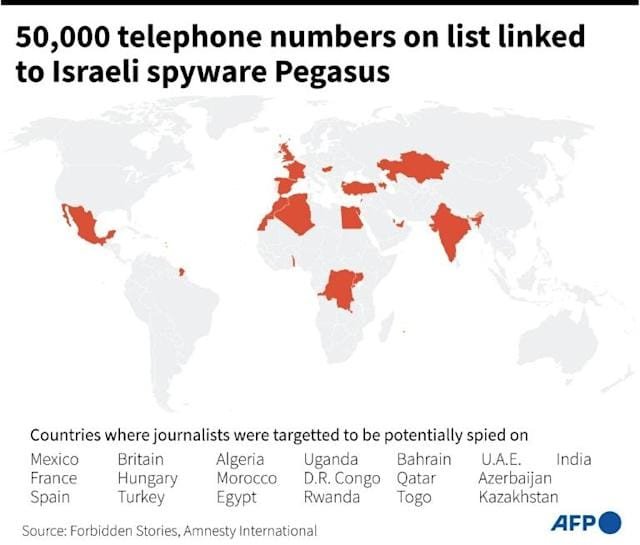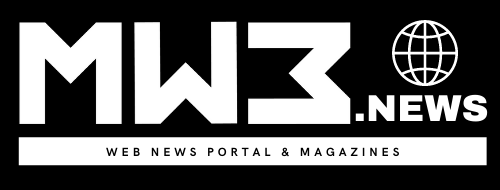
An investigation by a global media group has provided evidence that military-grade malware from the Israel-based NSO Group, the world’s most famous hacker for hire, is being used to spy on journalists, human rights activists, politicians and government officials.
From a list of more than 50,000 cell phone numbers obtained by Paris non-profit journalism Forbidden Stories and the human rights group Amnesty International and shared with 16 news organizations, journalists were able to identify more than 1000 individuals in 50 countries who were allegedly selected by NSO customers for potential surveillance.
They include 189 journalists, more than 600 politicians, and government officials, at least 65 executives, 85 human rights activists, and several heads of state, according to The Washington Post, a member of the consortium. Journalists work for organizations such as the Associated Press, Reuters, CNN, The Wall Street Journal, Le Monde, and The Financial Times.

“We are deeply concerned to hear that two AP journalists, along with journalists from many news organizations, are among those who may have been targeted by the Pegasus spyware,” said AP Media Relations Director Lauren Easton.
“We are taking steps to ensure the security of our journalists’ devices and are investigating,” she added.
Reuters spokesman Dave Moran said: “Journalists must be allowed to report the news in the public interest, without fear of harassment or harm, wherever they are. We are aware of the news and are investigating the matter.”
The other media organizations could not be contacted immediately for comment on the matter on Sunday.
One of the organizations, The Washington Post, said Pegasus spyware licensed by Israel’s NSO Group was also used to target phones belonging to two women close to Jamal Khashoggi, a Post columnist murdered at a Saudi consulate in Turkey in 2018, before and after his death.
The Guardian said the investigation suggests “widespread and continued abuse” of the NSO’s hacking software, described as malware that infects smartphones to allow the extraction of messages, photos, and emails; record calls; and secretly activate microphones.
The NSO said its product is only intended for use by government intelligence and law enforcement agencies to fight terrorism and crime.
The company issued a statement on its website denying reports by 17 media partners led by the Paris-based non-profit journalism organization Forbidden Stories.
“The Forbidden Stories report is full of wrong assumptions and unsupported theories that raise serious doubts about the reliability and interests of the sources. It appears that the ‘unidentified sources’ provided information that has no factual basis and is far from reality,” he said. said the company in the statement.
“After verifying your allegations, we firmly deny the false allegations made in your report,” the statement said.
The NSO said its technology was in no way associated with Khashoggi’s assassination. NSO representatives were not immediately available to provide additional information to Reuters on Sunday.
In a statement, the human rights group Amnesty International condemned what it called “the lack of complete regulation” of surveillance software.
“Until this company (NSO) and the industry as a whole can show that they are capable of respecting human rights, there must be an immediate moratorium on the export, sale, transfer, and use of surveillance technology,” said the rights group. in a statement.

Amnesty said its forensic researchers determined that the NSO Group’s top Pegasus spyware was successfully installed on the phone of Post Jamal Khashoggi’s fiancee, Hatice Cengiz, just four days after he was killed at the Saudi consulate in Istanbul in 2018. The company had previously been implicated in another spying on Khashoggi.
The NSO Group denied in an e-mailed statement that the data on which the report was based was leaked from its servers “since such data never existed on any of our servers”. He called the Forbidden Stories report “full of wrong assumptions and unsupported theories.”
The NSO Group’s spyware was implicated in targeted surveillance primarily in the Middle East and Mexico. Saudi Arabia is among the NSO’s customers. Also included in the telephone directories of countries such as France, Hungary, India, Azerbaijan, Kazakhstan, and Pakistan.
“The number of journalists identified as targets clearly illustrates how Pegasus is used as a tool to intimidate the critical media. It’s about controlling the public narrative, resisting scrutiny, and suppressing any dissenting voice,” Amnesty said, quoting its secretary-general, Agnes Callamard.
- Daniel Negreanu Finally Breaks His Losing Streak to Win Big in Super High Roller Bowl
- Baby Died After Her Mother Left Her On A Trip For Six Days
- OUTSPOKEN: Why Brazil Is The Most Important Country Right Now? By Will Lisil
- How To Build My Artistic Identity In The Metaverse?
- The Spike Protein From Covid Vaccine Can Persist In The Body For Months, Causing Debilitating Symptoms, According To A Study
Among more than two dozen previously documented Mexican targets are soft drink tax proponents, opposition politicians, human rights activists investigating a mass disappearance, and the widow of a murdered journalist. In the Middle East, the victims are mostly journalists and dissidents, supposedly targets of the governments of Saudi Arabia and the United Arab Emirates.
The consortium’s report on “Project Pegasus” reinforces accusations that not only autocratic regimes, but democratic governments, including India and Mexico, have used Pegasus spyware for political ends. Its members, who include Germany’s Le Monde and Sueddeutsche Zeitung, promise a series of stories based on the leak.
Pegasus infiltrates phones to sniff out personal and location data and secretly controls smartphone microphones and cameras. In the case of journalists, this allows hackers to eavesdrop on reporters’ communications with sources.





